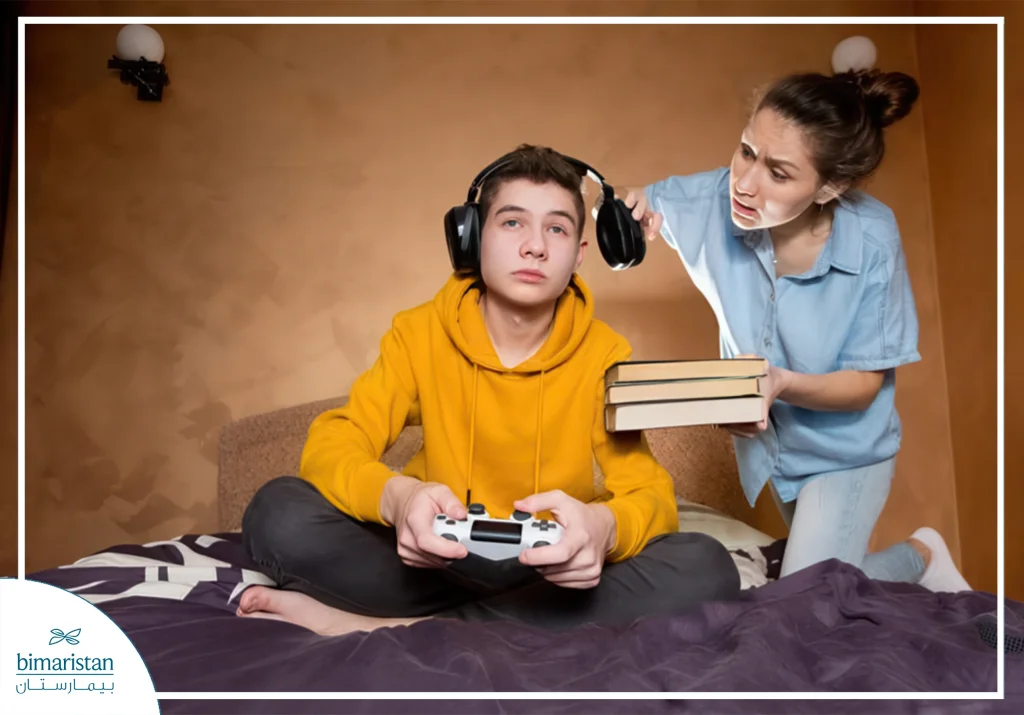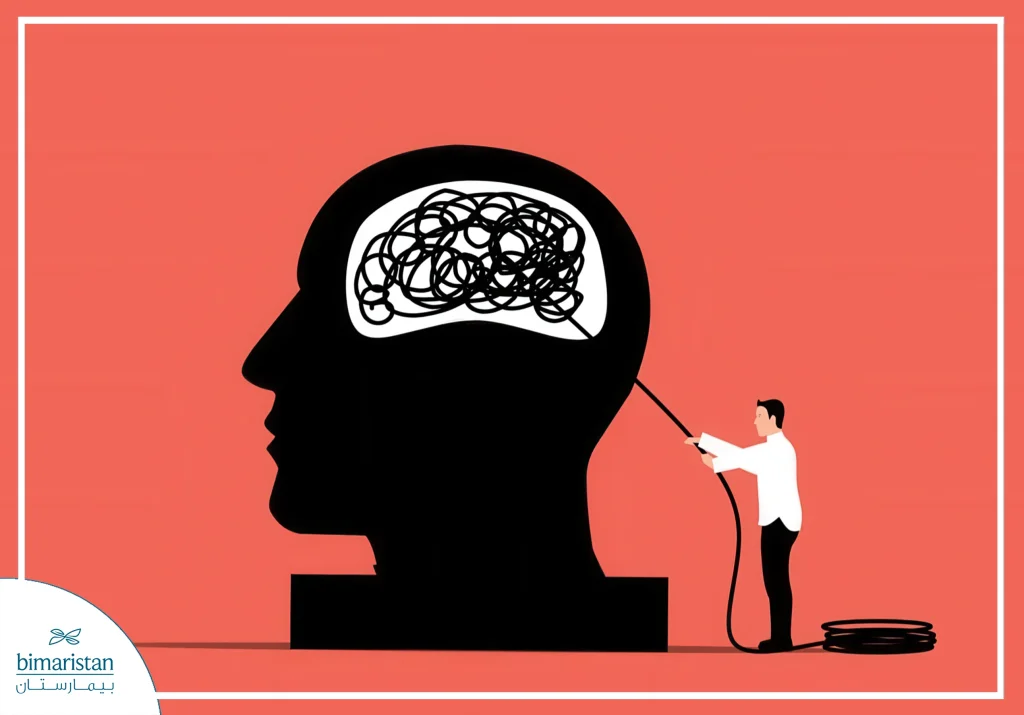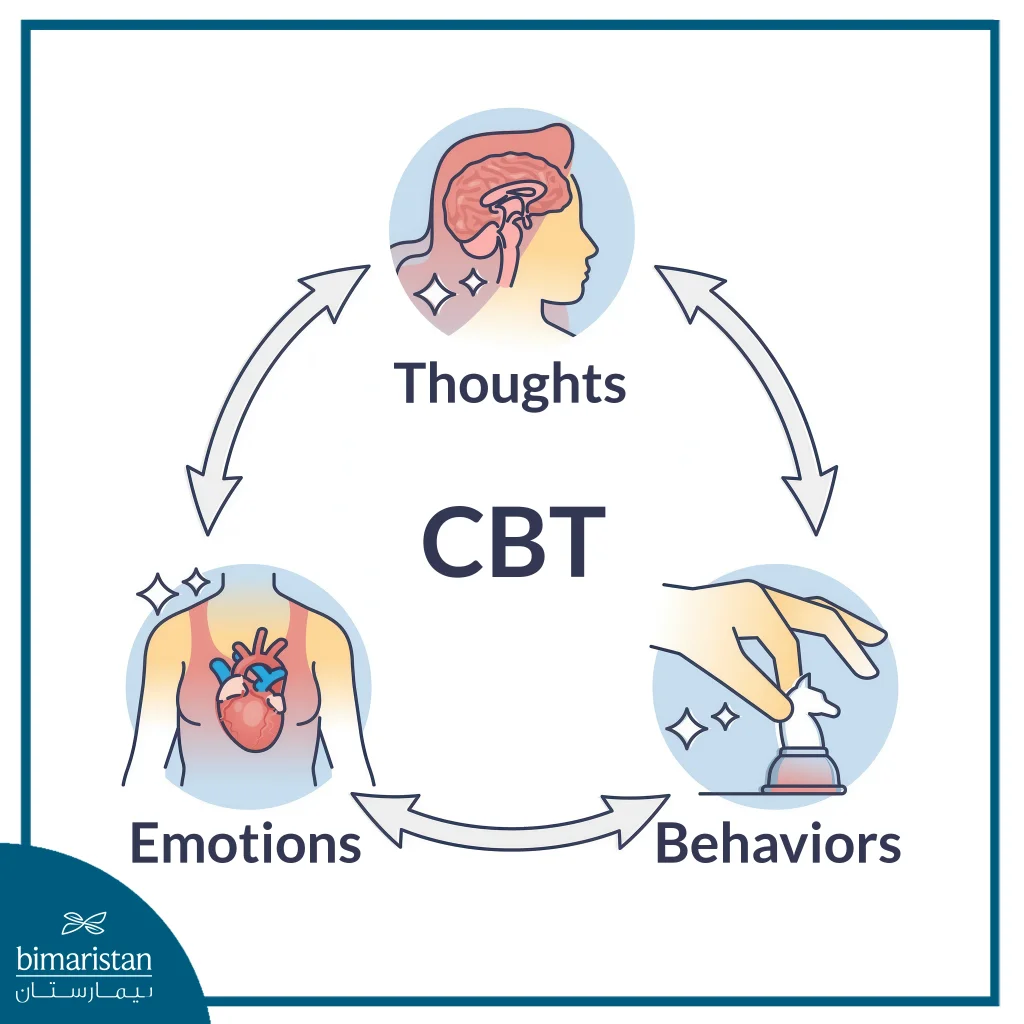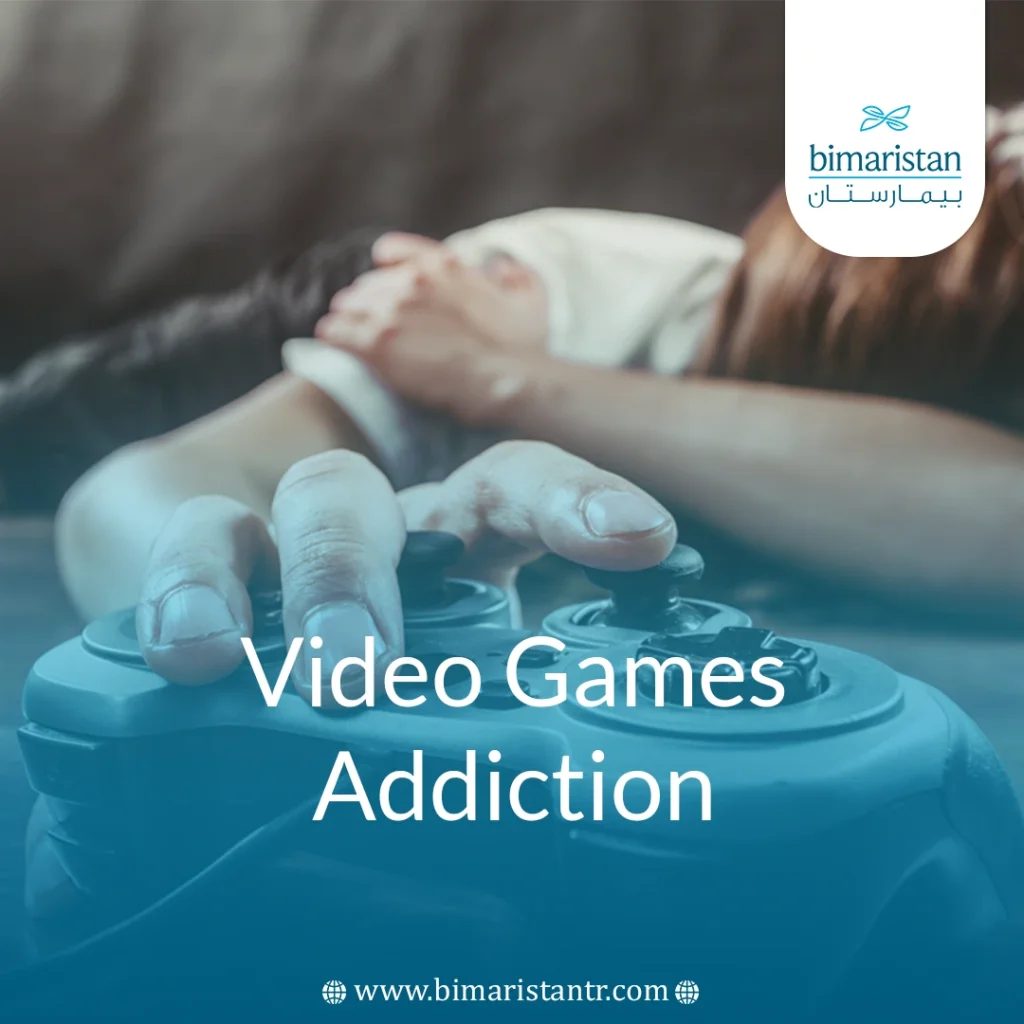The game often starts as harmless fun, minutes slipping into hours before the real world blurs into the background. A glowing screen offering fleeting victories and endless challenges keeps you hooked, but what about education? What about rest? What about the connections slowly fading away? As technology weaves itself into the fabric of daily life, video games become a convenient escape from reality. Yet, for some, this escape mutates into a silent psychological trap. In this article, we will delve into video game addiction, its key behavioral and mental health symptoms, and explore strategies for intervention and recovery before it takes full control.
What is Video Game Addiction?
Video game addiction, also referred to as Internet Gaming Disorder, is a behavioral addiction marked by an inability to regulate gaming habits, leading to negative impacts on daily life, including personal care, social interactions, academic achievements, and work productivity. This condition is commonly linked to online gaming environments.
While video game addiction can affect people of all ages, research suggests that adults are particularly vulnerable. Studies estimate that between 1.7% and 10% of the U.S. population experiences this disorder. However, ongoing discussions persist about whether gaming addiction is an independent mental health condition or simply a manifestation of underlying psychological issues such as depression, anxiety, or attention deficit disorders. This ongoing debate has posed challenges in establishing precise diagnostic tools and effective treatment approaches.
Prominent Symptoms of Video Game Addiction
Video game addiction is a psychological and behavioral disorder that disrupts an individual’s academic, professional, and social functioning. The symptoms can vary in severity and often progress gradually, making it difficult for both the affected person and those around them to recognize the extent of the issue. Some of the key symptoms include:
- Decline in Academic or Professional Performance: Excessive gaming can negatively impact academic or professional performance, reduce workplace productivity, and lead to neglect of household or family responsibilities.
- Using Games as a Psychological Escape: Gaming may serve as a coping mechanism for stress, personal conflicts, or overwhelming emotions such as frustration, guilt, or loneliness.
- Lying or Concealing Gaming Time: Individuals may hide their gaming activities from family and friends or fabricate excuses to justify social withdrawal.
- Loss of Control Over Behavior: Repeated failed attempts to cut back on gaming or quit entirely despite being aware of the negative consequences.
- Withdrawal Symptoms: Feelings of anxiety, sadness, or irritability when unable to play, similar to symptoms experienced in other behavioral addictions.
- Neglecting Other Activities: Abandoning previous hobbies or social engagements in favor of dedicating all available time to gaming.
- Neglecting Self-Care: Declining personal hygiene and unhealthy habits, such as poor sleep and inadequate nutrition, due to excessive gaming.

Psychological and Behavioral Effects of Addiction
Video games have become a widely enjoyed pastime for millions globally, whether played on computers or consoles like PlayStation and Xbox. While gaming provides entertainment and social engagement, excessive play can lead to addiction, bringing severe psychological and behavioral consequences, particularly when healthy boundaries are neglected. Not everyone who plays video games is considered addicted, just as not all alcohol consumers develop dependency. However, some individuals form an unhealthy attachment to gaming, which can significantly disrupt multiple aspects of their lives.
Medical research indicates that video game addiction, especially involving violent games, triggers the brain’s stress response, causing players to react to virtual experiences as if they were real-life threats. Over time, this heightened stimulation may lead to:
- The development of mental health conditions such as anxiety, depression, low self-esteem, and feelings of inadequacy
- Difficulty maintaining focus on professional aspirations, resulting in career delays or instability
- Financial struggles due to decreased productivity and a lack of personal responsibility
- Reduced capacity for creative thinking and problem-solving
- Challenges in forming and maintaining social relationships
- Impaired emotional regulation and impulse control
- Loss of motivation and interest in educational or skill-building activities
- Heightened aggression and difficulty managing anger
- Desensitization to violent behavior
- Resistance to authority and disregard for instructions
- Disturbed sleep patterns and recurring nightmares
How to Treat Video Game Addiction
Psychotherapy, commonly known as talk therapy, is the leading treatment for video game addiction. It includes a range of therapeutic techniques designed to help individuals identify and change harmful thought and behavior patterns under the guidance of mental health professionals, such as psychiatrists or psychologists. Some of the most effective psychotherapy approaches for treating this addiction include:

Cognitive Behavioral Therapy (CBT)
Cognitive Behavioral Therapy (CBT) techniques provide practical methods to help individuals overcome video game addiction and achieve long-term recovery. These core strategies include:
- Recognizing Harmful Thought Patterns: Individuals learn to identify negative and distorted beliefs that fuel addictive behaviors, developing the ability to replace them with more constructive and realistic perspectives.
- Developing Problem-Solving Skills: These techniques equip individuals with effective ways to navigate obstacles in their recovery journey, strengthening their resilience and determination.
- Addressing Root Causes: Therapy delves into the emotional and psychological factors underlying addiction, allowing individuals to confront these issues and build a strong foundation for sustained recovery.

Group Therapy
Group therapy offers a structured and supportive space where participants can openly share their experiences and receive encouragement under the guidance of a professional. This approach is beneficial for individuals who have become socially isolated due to video game addiction.
Family or Couples Therapy
Family or couples therapy educates loved ones about the complexities of video game addiction and helps establish a nurturing home environment that supports recovery. Strengthening family relationships can reduce the risk of relapse and promote long-term healing.
Medication
In some instances, individuals struggling with video game addiction may also experience underlying mental health conditions such as depression, anxiety, or Attention Deficit Hyperactivity Disorder (ADHD). In such instances, medical intervention may be necessary to complement psychotherapy and support overall recovery.
Like other addiction disorders, such as cocaine abuse, treatment for video game addiction emphasizes behavioral modification and self-awareness. However, unlike drugs or alcohol, video games are closely tied to essential daily activities like studying and working, making complete abstinence impractical. Instead, the focus of treatment is on reestablishing a balanced relationship with technology and fostering healthy control over its use rather than total avoidance.
Video game addiction is not just a passing issue, it is a serious concern that can impact both mental and social well-being. If you or someone close to you is showing signs of this addiction, seeking professional help early can prevent further complications and support recovery.
Sources:
- Novotney, A. (2024, July). Interventions for problematic video gaming. Monitor on Psychology. American Psychological Association.
- World Health Organization. (2020, October 22). Addictive behaviours: Gaming disorder.
